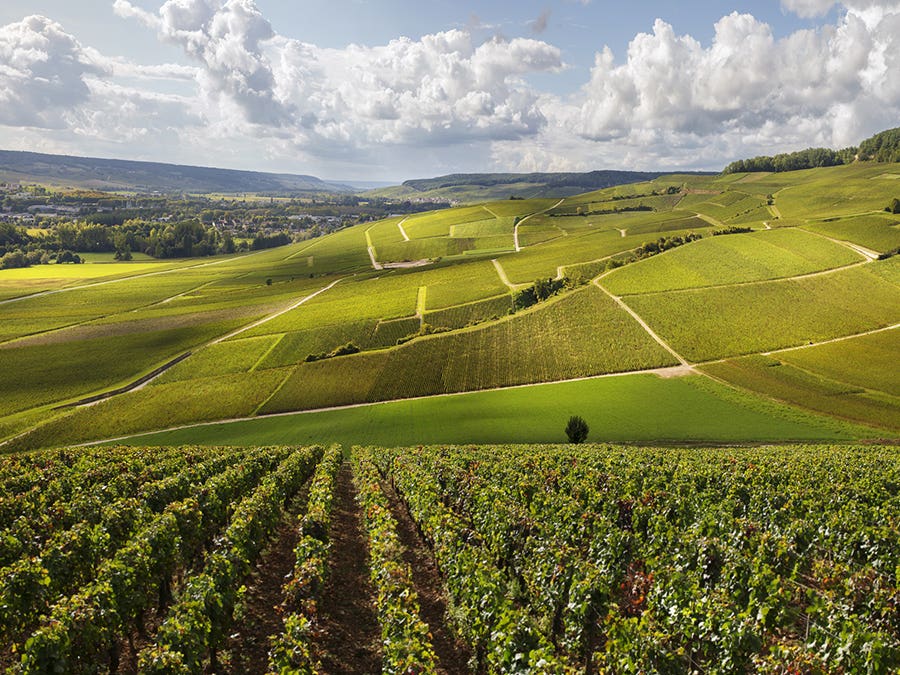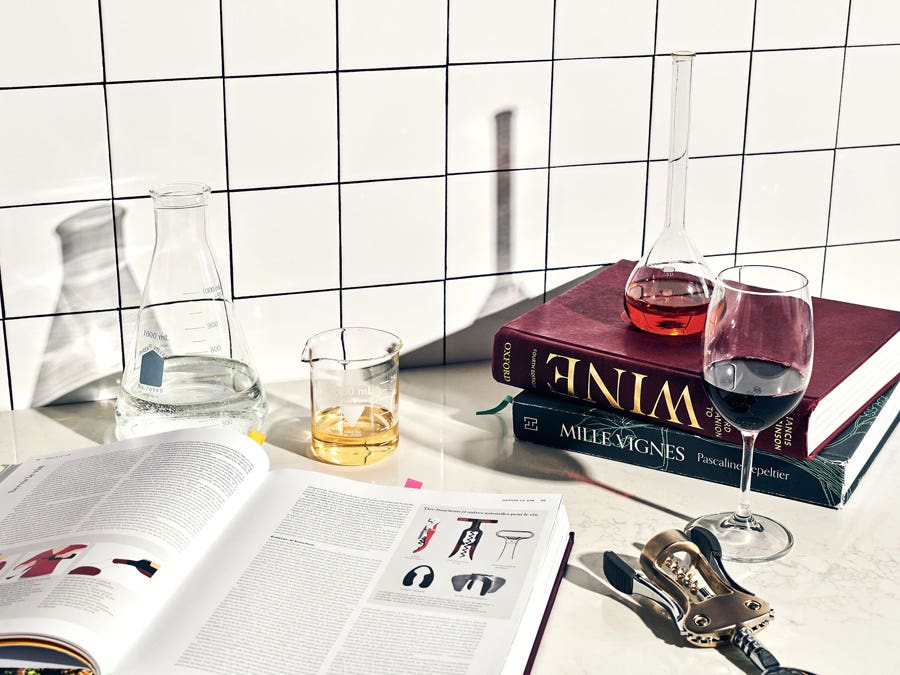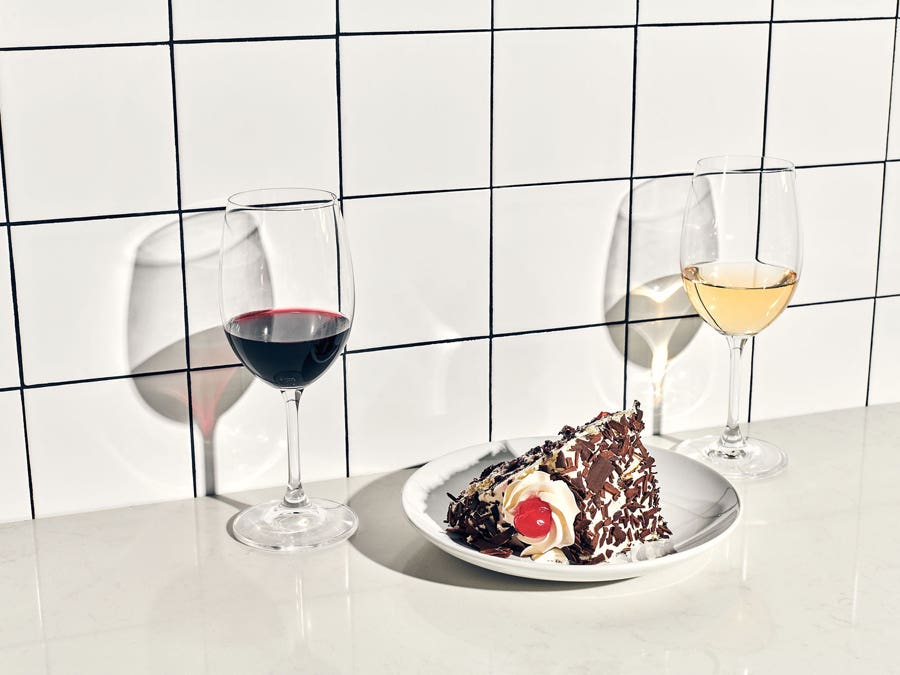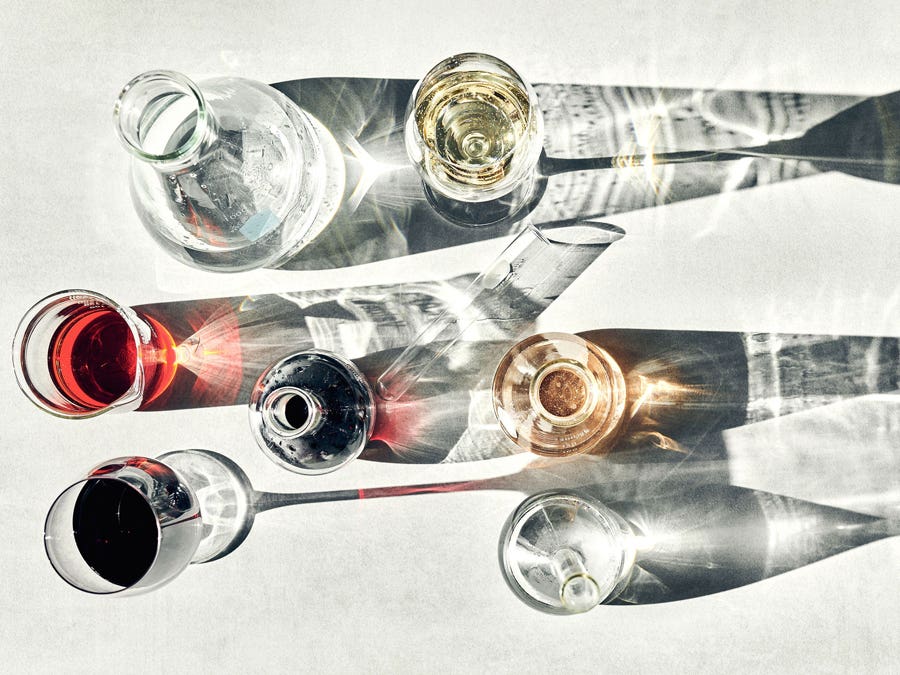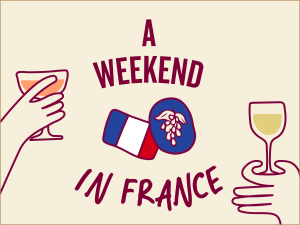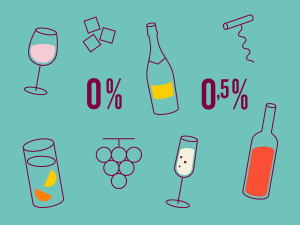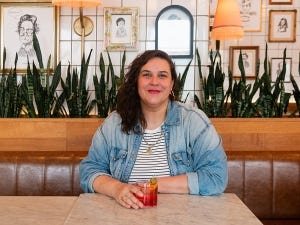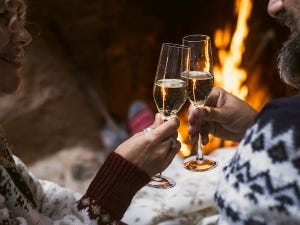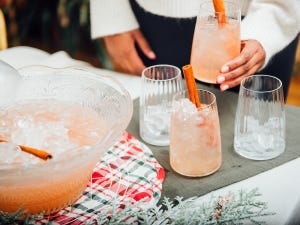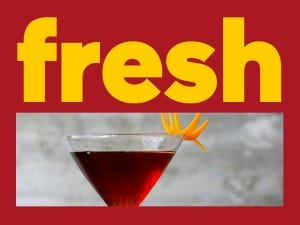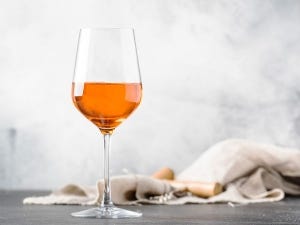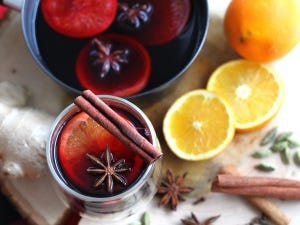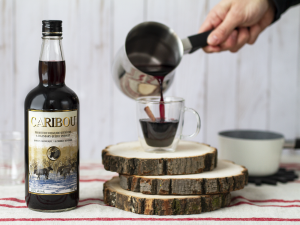An overview of the estate
- Elian da Ros is one of the few independent winemakers in the Côtes-du-Marmandais appellation in the south-west of France, an appellation that was once 95% a cooperative.
- Da Ros’ vines are biodynamic, with no added chemicals, and he has a “natural” approach to winemaking: he relies on natural yeast fermentation and adds a very moderate amount of sulphur during bottling.
- Located south-east of Bordeaux, the vineyard is planted with Bordeaux’s main grape varieties (Cabernet, Merlot, Sauvignon, Sémillon), and also includes some Gamay, FerServadou, Syrah and Abouriou—the latter an indigenous grape that is generous both in colour and taste.
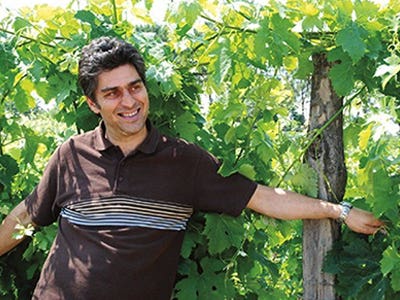

Now leading the family business—which began when they immigrated from Italy—Elian Da Ros is charming the whole world over with his very unique wines.
A family affair
Elian da Ros’ grandparents, originally from Italy’s Dolomites, arrived in France in 1922. During the early years, his grandmother ran a two-hectare vineyard on which she planted grapevines to produce sweet whites. In the late 70s, Elian’s father planted 7.5 hectares of red grapes, which marked the naissance of the current estate, which Elian took over in 1998.
Learning the ropes
“I wanted to be a farmer but my parents didn’t approve, so I thought about becoming an agricultural engineer. And they agreed to that,” explains Elian during at interview for French magazine Le Rouge et le Blanc. After studying viticulture and oenology, from 1992 to 1997 he worked at ZindHumbrecht, where father and son duo Léonard and Olivier, showed him the ropes.
His wines
With more than 20 hectares of land, Elian da Ros vinifies each of his cepages individually in cement tanks before maturing them in aged barrels and casks. The result? A line of simple wines that express their terroir and offer the perfect mix of robustness and suppleness. Smiles guaranteed.
Related posts
-
Read more
Want to stay in the know about what’s happening in the world of wine and spirits, and take a deeper dive into this subject? Expert sommeliers and collaborators share some of their favourite resources on a myriad of topics.
-
Read more
Everyone’s heard or used the expression “food and wine pairing.” Most people know some of the basic principles and may even have their own winning combos, but what about the mismatches that can sour a tasting experience?
-
Read more
When tasting wine, what happens to the human body on a chemical and physiological level? Why do some people detect certain aromas, while others perceive something entirely different? How does it all work?
 Access to SAQ Inspire personalized services and store inventories are unavailable at the moment.
Access to SAQ Inspire personalized services and store inventories are unavailable at the moment. Free in-store delivery with purchases of $75+ in an estimated 3 to 5 business days.
Free in-store delivery with purchases of $75+ in an estimated 3 to 5 business days. 
